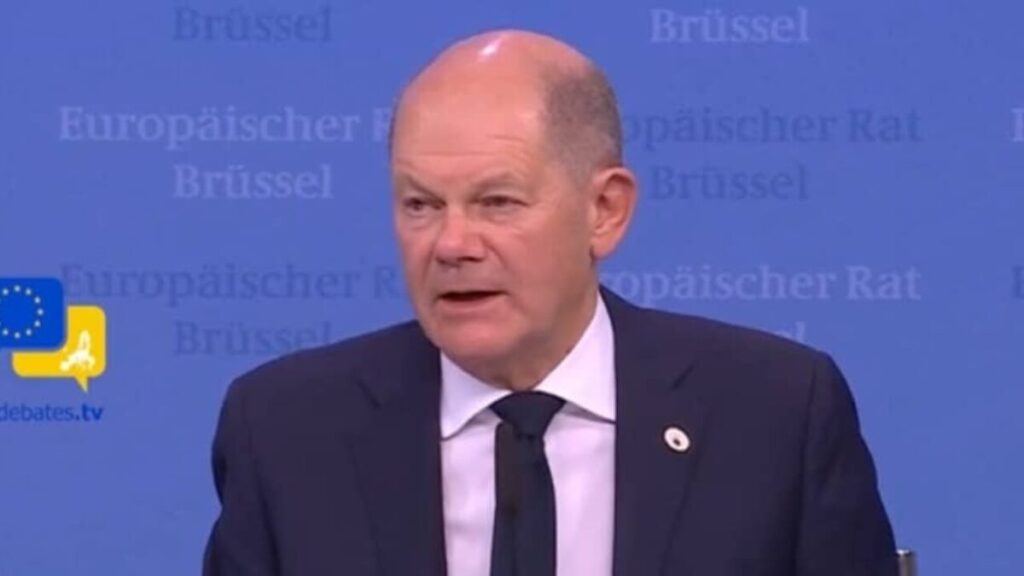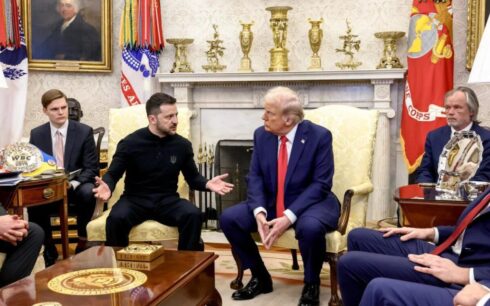BERLIN — Germany’s parliament voted to withdraw confidence in Chancellor Olaf Scholz on Monday, paving the way for early elections on Feb. 23 following the collapse of his three-party coalition government.
The no-confidence vote, initiated by Mr. Scholz himself, was a procedural step required to trigger new elections under Germany’s postwar constitution, which is designed to safeguard political stability. The motion passed with 394 lawmakers withholding confidence in Mr. Scholz and only 207 supporting him, Bundestag President Bärbel Bas announced.
The fall of Mr. Scholz’s government follows the abrupt departure last month of the pro-business Free Democrats from his coalition, leaving his Social Democrats and the Greens without a parliamentary majority. The collapse comes at a time of mounting economic pressures for Germany, which is grappling with stagnant growth, soaring inflation, and energy challenges stemming from the war in Ukraine.
Under Germany’s Basic Law, the president may dissolve parliament and call elections only if a chancellor requests a confidence vote and loses. President Frank-Walter Steinmeier is now expected to formally call for elections to be held in February.
The political upheaval underscores growing tensions within Germany’s fractious coalition system, which has been strained by competing priorities between its member parties. The Free Democrats’ decision to exit was reportedly triggered by disagreements over debt policies and public spending, leaving Mr. Scholz unable to pass key economic measures.
Germany’s political parties now face a swift and high-stakes election campaign, with the nation’s leadership and economic trajectory hanging in the balance.





